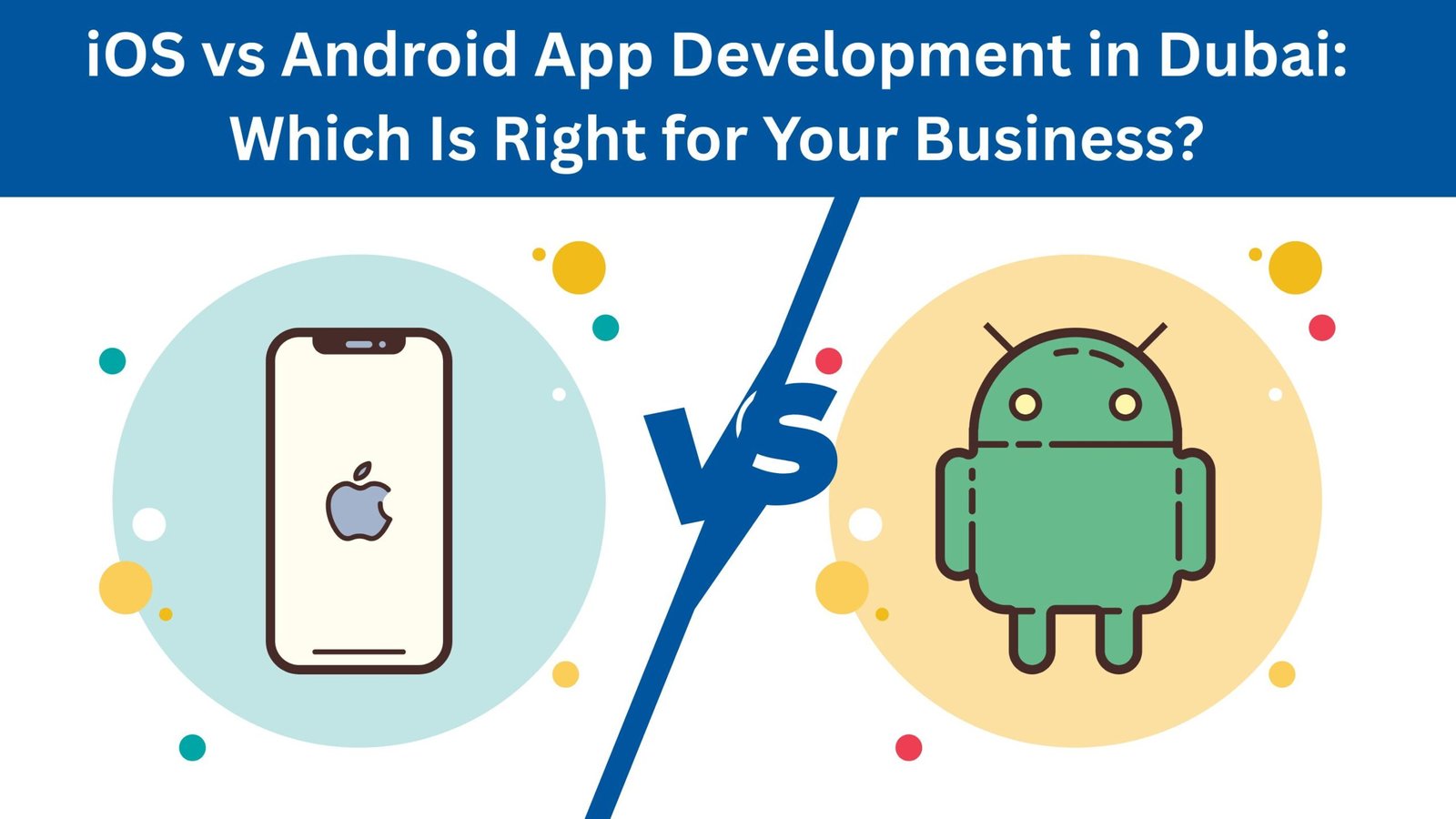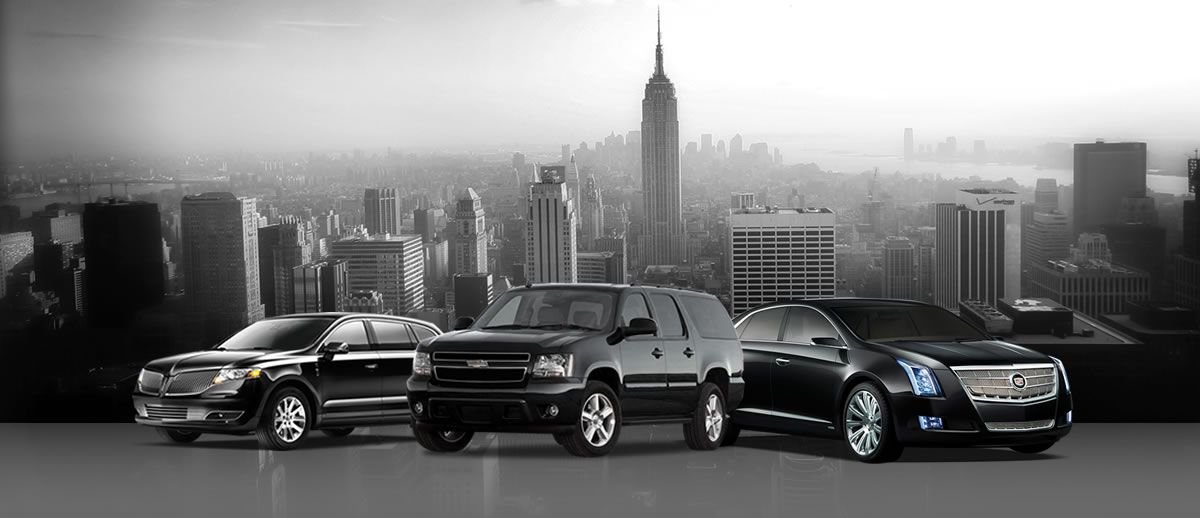Dubai has become one of the world’s fastest-growing digital hubs. From innovative startups to established enterprises, every business wants a strong presence in the mobile space. Mobile apps have become vital tools for connecting with customers, driving sales, and building brand loyalty.
Yet, before creating a mobile app, every company faces a key question: Should you build for iOS or Android first?
Both platforms dominate the global market, but the Dubai audience has unique traits, spending habits, and device preferences that make the decision more strategic than ever. This article compares iOS and Android app development in Dubai, highlighting what each platform offers and how to decide which best fits your business goals.
The Digital Landscape in Dubai
Dubai’s population is tech-savvy and always connected. With one of the highest smartphone penetration rates in the world, nearly every resident uses a mobile device daily — for shopping, payments, healthcare, travel, and entertainment.
A large portion of the population consists of expatriates, bringing a mix of preferences and digital behaviors. Many professionals use iPhones for business and security reasons, while Android dominates among users who value flexibility and affordability.
Local businesses are increasingly relying on apps to reach customers in real time. From government portals to delivery platforms, the UAE’s focus on digital innovation makes the mobile ecosystem highly competitive. Your choice between iOS and Android can determine how well your app performs in this dynamic environment.
iOS App Development in Dubai
Key Strengths of iOS Development
iOS development focuses on Apple devices such as the iPhone, iPad, and Apple Watch. One of its strongest points is quality control. Apple’s strict guidelines ensure apps perform smoothly and look consistent across devices. This level of polish attracts Dubai’s premium audience, especially professionals, executives, and high-income users.
The iOS ecosystem is known for strong security, smooth performance, and fast updates. Apps on the App Store go through a careful review process, giving users confidence that they’re downloading safe and stable products.
For businesses targeting luxury, fintech, real estate, or high-end retail markets in Dubai, iOS often delivers the brand image and reliability these industries demand.
Target Audience and Market Share in Dubai
Dubai’s premium consumer segment leans toward Apple devices. Professionals, executives, and international residents frequently use iPhones as their main smartphones.
If your business targets this group, iOS offers stronger engagement and higher spending potential. Many iOS app development companies in Dubai tailor apps specifically for these audiences, focusing on user experience, security, and smooth functionality.
Cost, Tools, and Development Environment
iOS apps are built mainly using Swift or Objective-C within Apple’s Xcode environment. Swift is modern, fast, and developer-friendly.
However, iOS development can cost slightly more due to licensing, design precision, and device testing requirements. Apple’s ecosystem is closed, meaning apps must pass strict approval processes before reaching users.
While this may take more effort, it also results in a polished, trustworthy final product that stands out in Dubai’s competitive app market.
Android App Development in Dubai
Key Strengths of Android Development
Android dominates global market share and remains highly popular in Dubai due to its variety of devices and price ranges. From flagship Samsung and Google devices to affordable brands like Xiaomi and Oppo, Android appeals to every segment of the population.
Its open-source nature allows greater customization and integration with other systems, making it ideal for innovative startups and businesses targeting wide audiences.
For Dubai companies aiming for large-scale user engagement — such as e-commerce platforms, food delivery apps, and public service portals — Android provides flexibility and broad reach.
Market Reach and User Demographics
Android’s strength lies in numbers. With a wide range of users across age groups, professions, and income levels, Android apps reach both mass markets and niche communities.
In Dubai, the expatriate workforce often prefers Android devices for affordability and accessibility. This makes Android a powerful choice for businesses serving large, diverse audiences such as logistics, retail, and on-demand services.
Cost, Tools, and Development Environment
Android development uses Java or Kotlin in environments like Android Studio. The process allows more creative freedom but can be complex due to multiple screen sizes, device brands, and OS versions.
Testing and quality control can take longer than iOS because of fragmentation, but the advantage is flexibility — developers can integrate advanced features, custom interfaces, and cross-device compatibility.
In Dubai, Android app development tends to be cost-effective for businesses seeking wider market coverage and faster audience growth.
Comparing iOS and Android for Business Goals
Choosing between iOS and Android depends on what your business aims to achieve. Let’s break down the main areas of comparison that affect your decision in Dubai’s market.
Development Cost and Time
iOS development often requires a higher upfront budget due to Apple’s hardware standards and design guidelines. However, since Apple devices are limited in number, testing and optimization take less time.
Android, on the other hand, supports hundreds of devices, which increases testing time but reduces licensing costs. Development tools for Android are open-source, offering flexibility and affordability for startups.
If you want to launch quickly with limited devices in mind, iOS might be faster. If your goal is to reach a large and diverse market, Android is more practical.
App Performance and Quality
Apple devices share consistent hardware and software environments, resulting in smooth and predictable performance. Android must adapt to many devices and versions, which can affect stability if not handled well.
Still, a skilled development team can optimize Android apps to run efficiently across devices. In Dubai’s competitive scene, users expect top-tier performance — so whichever platform you choose, investing in professional development and testing is essential.
Market Reach and ROI
Android reaches a broader audience due to device diversity. This can lead to higher download numbers and more active users. However, iOS users typically have higher purchasing power and are more likely to pay for apps, subscriptions, or premium features.
In Dubai, where both demographics exist, the right choice depends on your target audience. For luxury, finance, and professional apps, iOS may deliver higher returns. For volume-based services like delivery or ride-hailing, Android’s wide reach gives a stronger advantage.
Security and Maintenance
iOS has a reputation for tight security and timely updates. Apple’s closed ecosystem and strong encryption protect users against most threats.
Android offers flexibility but requires careful security management, as its open nature can expose vulnerabilities if not properly configured.
In Dubai’s business environment, where user data and financial transactions are sensitive, security should always be a top priority. Regular updates, encrypted communication, and secure APIs are vital regardless of platform.
Revenue Models and Monetization
Statistics show that iOS users spend more on apps and in-app purchases, while Android dominates ad-based revenue.
If your app’s business model relies on paid downloads or subscriptions, iOS may yield higher profits. If it’s ad-supported or aims for mass engagement, Android provides better opportunities.
In Dubai’s mixed market, many successful apps use hybrid models — offering free Android versions to build user bases and premium iOS versions for loyal customers.
Factors to Consider When Choosing a Platform in Dubai
Target Market Preferences
Dubai’s market diversity makes audience research essential. Identify who your main users are — locals, expatriates, professionals, or budget-conscious consumers.
If your customers use Apple products and expect premium design, go with iOS. If they use a variety of Android devices and value affordability, Android is your path.
Industry Type and App Purpose
Your industry also guides the decision. iOS suits sectors like finance, luxury retail, education, and healthcare, where user experience and reliability matter most.
Android is ideal for e-commerce, logistics, and public services, where accessibility and scale are more important.
Many companies in Dubai build for both platforms but prioritize one during the first launch phase based on their audience data.
Budget and Project Scope
Budget is a practical factor. iOS may have a higher initial cost but lower long-term maintenance due to fewer devices. Android is more cost-effective at launch but may require extra effort for compatibility.
For startups testing ideas, Android’s open environment allows faster iterations. For brands that prioritize brand image and user trust, iOS delivers a more premium experience.
Long-Term Business Goals
If your long-term vision includes international expansion or integration with Apple’s ecosystem (e.g., iWatch, Apple Pay), iOS fits well.
If your focus is on regional growth across the Middle East, Asia, and Africa, Android offers wider access. Dubai’s strategic location between these regions makes both viable depending on your scale of ambition.
Hybrid or Cross-Platform Development: A Middle Ground
Many Dubai-based companies choose a hybrid or cross-platform strategy using frameworks like Flutter or React Native. This approach allows a single codebase for both iOS and Android, saving time and cost while maintaining performance.
Startups and SMEs often use this method to test their concept before investing in full native apps. It’s an efficient option for companies aiming for broad market entry without duplicating resources.
However, hybrid apps may have performance trade-offs compared to fully native ones, so it’s best suited for projects where speed and reach outweigh platform-specific features.
Case Studies: Dubai Businesses That Got It Right
Several Dubai businesses have built success stories by choosing the right platform strategy:
Example 1: Fintech Startup Focused on iOS
A Dubai-based fintech app targeting investors and professionals launched exclusively on iOS to match its audience’s device habits. The app gained rapid traction in high-income circles, helping the company secure early funding and partnerships with local banks.
Example 2: Delivery Platform Targeting Android Users
A local food delivery startup chose Android for its initial release to reach the majority of Dubai’s working-class population. By focusing on Android first, it achieved massive downloads, then expanded to iOS later for premium users.
Example 3: Retail Brand Using Cross-Platform Approach
A Dubai fashion retailer used Flutter to create a cross-platform shopping app. The brand achieved simultaneous coverage on iOS and Android, ensuring consistent user experience across devices while controlling development costs.
These examples show there’s no one-size-fits-all answer. The right decision depends on your business type, goals, and audience behavior.
Partnering with a Professional App Development Company in Dubai
Choosing a reliable development partner can make or break your project. Dubai’s tech sector hosts many agencies offering custom app solutions for both iOS and Android.
A professional team based in Dubai understands the local market, user preferences, and business regulations. They can guide you through design, development, testing, and launch phases efficiently.
When selecting a development company, look for:
- Proven portfolio across both platforms
- Experience in your industry
- Strong communication and project management
- Transparent pricing and post-launch support
Working with a Dubai-based company also ensures easier collaboration, cultural alignment, and compliance with UAE data protection standards.
Conclusion
Dubai’s digital economy offers vast opportunities, and mobile apps sit at the heart of this transformation. Choosing between iOS and Android isn’t just about technology — it’s about aligning with your business goals, target audience, and long-term vision.
If your brand targets premium users who expect reliability and elegance, iOS development provides that edge. If your goal is to reach a larger, diverse market with scalable features, Android delivers wider impact.
For many Dubai businesses, starting with one platform and expanding later — or using a cross-platform approach — brings the best balance of reach and efficiency.
Partner with the right app development experts in Dubai, plan strategically, and you’ll position your business for success in one of the most competitive mobile markets in the world.




Leave a Reply